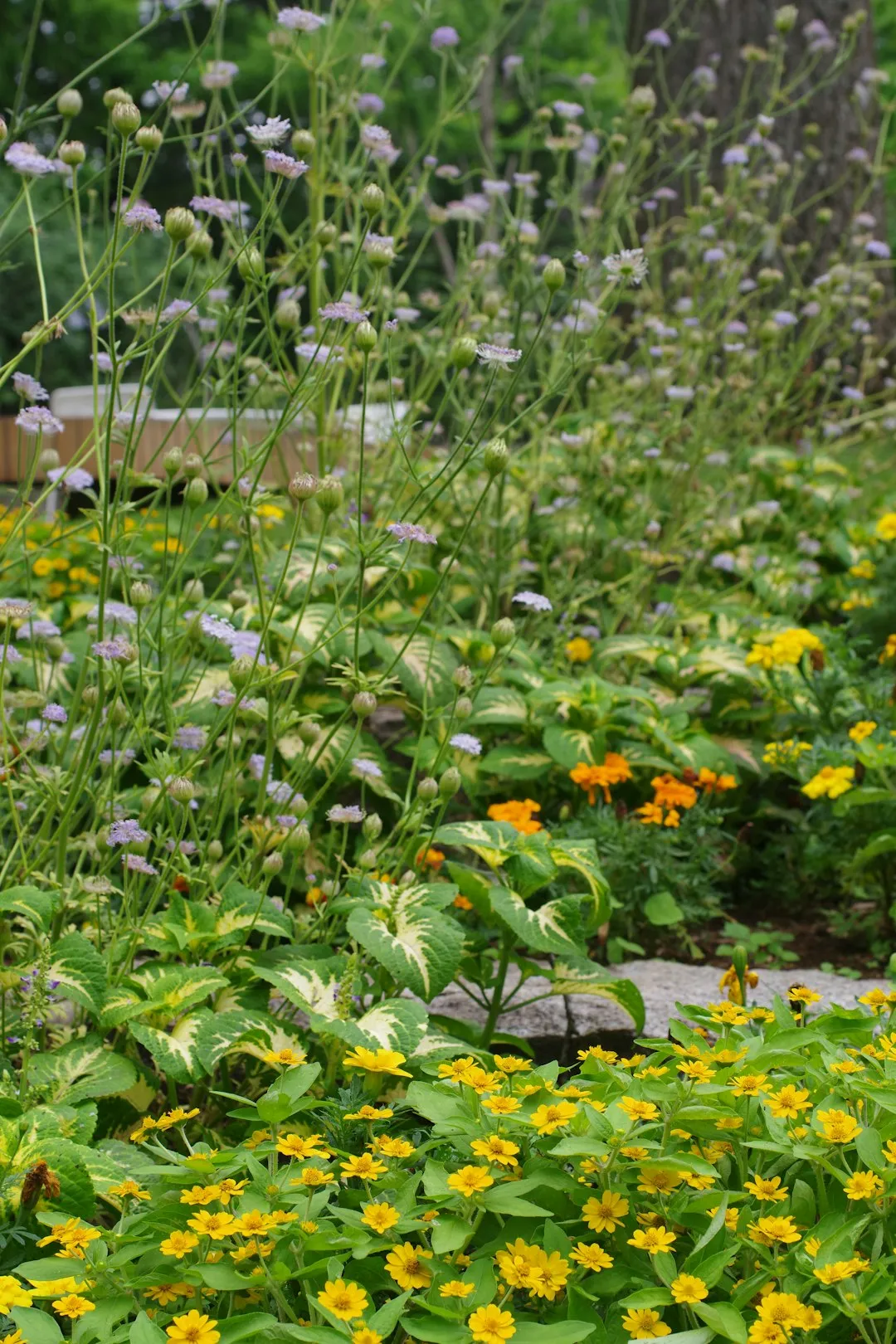Unleashing the Potential of Your Yard: Transforming Clay Soil for Plant Prosperity

When it comes to gardening, one of the most common challenges that many homeowners face is dealing with clay soil. Clay soil can be a real headache for gardeners, as it tends to be heavy, compacted, and poorly drained. However, with the right soil amendments, you can transform your challenging clay soil into a fertile and thriving environment for your plants.
Clay soil is composed of very fine particles that tend to stick together, creating a dense and heavy texture. This makes it difficult for water, air, and plant roots to penetrate the soil, leading to poor drainage and limited nutrient availability. As a result, plants grown in clay soil often struggle to thrive and may exhibit stunted growth, yellowing leaves, and other signs of stress.
Fortunately, there are several simple soil amendments that you can use to improve the structure and fertility of your clay soil. One of the most effective amendments is organic matter, such as compost, manure, or leaf mold. Organic matter helps to break up the clay particles, improving soil structure and drainage. It also adds nutrients to the soil, which are essential for plant growth. When adding organic matter to your clay soil, it's important to work it into the top few inches of soil using a garden fork or tiller. This will help to incorporate the organic matter evenly and ensure that it has a chance to break down and improve the soil over time.
Another important soil amendment for clay soil is sand. Sand helps to improve soil drainage by creating larger pores in the soil, allowing water and air to move more freely. However, it's important to use the right type of sand. Coarse sand, such as builder's sand or river sand, is the best choice for amending clay soil. Fine sand, such as play sand, can actually make the soil more compacted and difficult to work with. When adding sand to your clay soil, it's important to mix it thoroughly with the soil to ensure that it is evenly distributed. A good rule of thumb is to add about one part sand to three parts clay soil.
In addition to organic matter and sand, you can also add other soil amendments to your clay soil to improve its fertility and structure. Lime is a common amendment that can help to raise the pH of acidic clay soil, making it more alkaline. This can be beneficial for plants that prefer a more alkaline soil environment. Gypsum is another amendment that can help to improve the structure of clay soil by breaking up the clay particles and improving soil drainage. When using lime or gypsum, it's important to follow the manufacturer's instructions carefully and test the soil regularly to ensure that the pH and nutrient levels are within the appropriate range for your plants.
Once you have amended your clay soil, it's important to maintain its health and fertility over time. This can be done by continuing to add organic matter to the soil on a regular basis, such as by applying a layer of compost or mulch to the surface of the soil each year. You should also avoid over-tilling or compacting the soil, as this can damage the soil structure and make it more difficult for plants to grow. Instead, use a gentle touch when working in the garden and avoid walking on the soil when it is wet.
In conclusion, improving challenging clay soil is not an overnight process, but with the right soil amendments and a little patience, you can transform your clay soil into a fertile and thriving environment for your plants. By adding organic matter, sand, and other soil amendments, you can improve the structure and fertility of your soil, making it easier for water, air, and plant roots to penetrate. This will help your plants to thrive and ensure that your garden is a beautiful and productive space for years to come.
So, don't let clay soil hold you back from creating the garden of your dreams. Take action today and start amending your soil to unleash its full potential. Your plants will thank you for it!